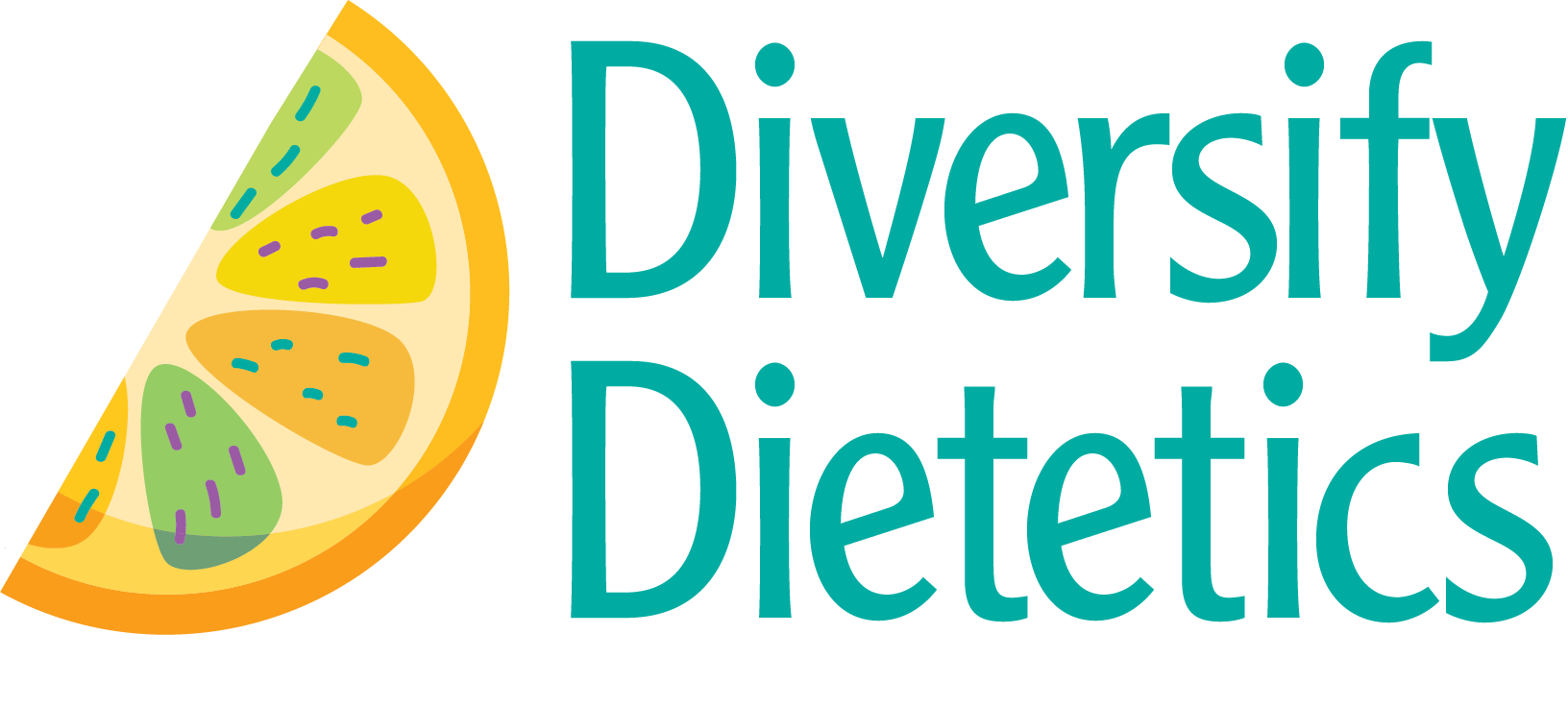RDN Spotlight: Michael McDonnough, MS, RD, CDN
What is your ethnicity/race? Did your family have any customs related to food? Please describe.
Black, Jamaican American. West Indian cuisine was a staple in my home growing up and remains influential in my current more plant-based diet.
Where/when did you go to undergrad/dietetic internship/grad school?
I completed an MS in Nutrition/Public Health at Teachers College, Columbia University in 2015. I completed my dietetic internship at Brigham and Woman's Hospital in 2016.
Why did you decide to choose nutrition and dietetics as a career?
I love food! I also believe nutrition is an integral component of wellness and the prevention and management of chronic diseases. People of color are underrepresented in the field and I felt it was important to contribute to increasing racial diversity in dietetics.
What do you do now as an RDN and what does a typical day/week look like for you?
I am a clinical dietitian at New York-Presbyterian/Weill Cornell, specializing in Gastrointestinal disorders. I spend the majority of my day providing inpatient care. I am also a preceptor for our dietetic internship program, supervising interns during their GI surgery rotation. As a co-chair of my nutrition department's RD Diversity Action Committee, I coordinate initiatives meant to increase diversity both in our department and in the field of dietetics. Our efforts include professional career presentations with high school and college students. Other efforts include collaborating with department leadership, our human resources department, and the dietetic internship program to implement strategies that may lead to increasing the diversity of our staff and dietetic intern pool.
What is/was the biggest challenge for you in becoming a dietitian and how did you overcome that challenge? This can be related to being an RD of color or not just any challenge?
The biggest challenge in my journey was the financial barriers in the process. In addition to student loans, I was lucky enough to find and create part-time employment opportunities for myself to supplement the costs. I know many students are discouraged to work while completing their coursework and dietetic internships. As someone who didn't have the option to avoid working, I appreciate the chance to share my story. It is important for me to convey that while working does make the process more challenging, it absolutely can be managed.
Have you had any mentors in your career if yes how have those mentors affected your career/life?
My biggest mentor has been my mother. She encouraged me to follow my passions and remain diligent in working to accomplish my goals. As a practicing judge, she has served as an ever-present example of excellence.
Why do you think diversifying this field is important?
By diversifying this field and making it more representative of the populations we serve, the dietetics field becomes more trustworthy, culturally aware, and therefore effective.
What is a piece of advice you would give a student of color interested in entering the field of dietetics?
Don't be ashamed to reach out to those who have done what you hope to do and ask for guidance. Require that the institutions you want to learn from and work for are committed to a future in dietetics that is more diverse and inclusive.

